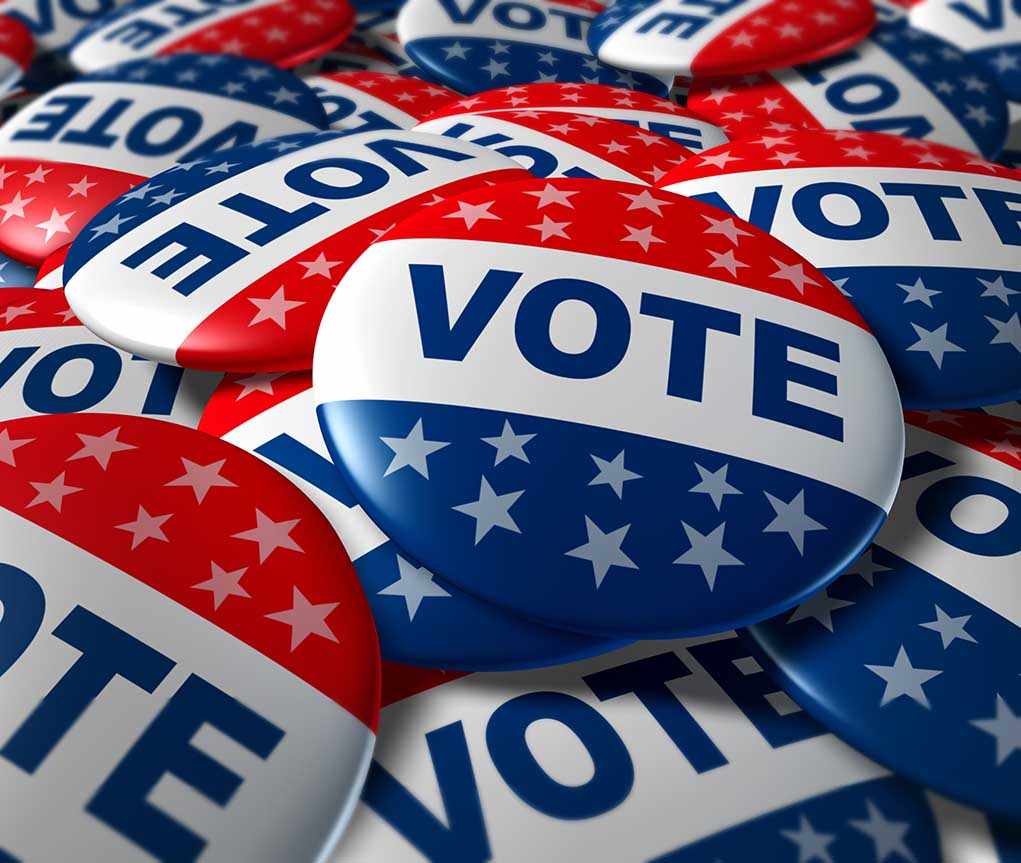
Illinois Governor JB Pritzker’s accusation that President Trump is deploying National Guard troops to sway the 2026 midterm elections throws a spotlight on the fragile boundary between democracy and authoritarianism, sparking urgent questions about the future of American electoral integrity.
Story Snapshot
- Pritzker alleges Trump is using troops to influence midterms.
- Concerns rise about the militarization of election oversight.
- Debate intensifies over executive power and constitutional limits.
- The episode reveals deep fissures in American trust and governance.
Pritzker’s Claim and Its Political Shockwaves
Governor JB Pritzker’s statement on MSNBC set off alarms across the political landscape. He accused President Trump of deploying National Guard units to cities not for public safety, but to ensure Republicans maintain control of Congress in the 2026 midterms. Such an allegation instantly politicizes any military presence near polling places or in urban centers, raising suspicions among voters and officials about the true intent behind federal mobilizations. The accusation is more than a partisan jab; it suggests a willingness to undermine the democratic process through state power.
Pritzker’s remarks carry weight because they tap directly into American anxieties about election security. Since 2020, debates over mail-in ballots, voter ID laws, and alleged interference have set the stage for a country increasingly divided over how votes are counted and protected. The image of troops in city streets evokes historical memories—both recent and distant—of governments using force to sway political outcomes. Pritzker’s framing positions Trump as the central actor in a potential drama where the military becomes a tool for partisan advantage.
Militarization of Election Oversight: Historical Context and Present Risks
Military involvement in domestic affairs is not without precedent, but the stakes change dramatically when elections are involved. The National Guard has frequently assisted during natural disasters or periods of civil unrest, but their presence during a political contest is fraught with risk. American conservatives and constitutionalists argue that any hint of executive overreach must be scrutinized, as the Founders established a clear aversion to standing armies influencing civilian life. Pritzker’s warning resonates with those who see the separation of military and electoral functions as vital to preserving liberty.
The tension between state and federal authority intensifies whenever troops are deployed domestically. Governors retain control over their own National Guard units, but the President can federalize these forces under certain conditions. The possibility of using that power to manipulate election outcomes tests the boundaries of constitutional checks and balances. For voters, the optics alone—uniformed personnel near polling stations—could create fear, suppress turnout, or even provoke unrest. The mere suggestion of such a strategy, whether substantiated or not, undermines confidence in the integrity of American elections.
Debate Over Executive Power, Common Sense, and Conservative Values
Conservative voices frequently warn against the expansion of executive authority, especially in matters affecting fundamental rights like voting. Pritzker’s assertion, if true, would represent a profound challenge to the principles of limited government and the rule of law. Critics of Trump argue that his approach to governance often stretches, or sidesteps, traditional boundaries; supporters counter that strong measures are sometimes necessary to restore order or prevent fraud. The clash over troop deployments reveals a deeper struggle over who gets to define the rules by which America votes, and who enforces them.
What makes this episode especially compelling for forty-plus readers is its echo of historical moments when the balance between freedom and control was tested: Nixon’s use of federal forces in the 1970s, Eisenhower sending troops to enforce desegregation, or the contested ballot counts in Florida in 2000. Each instance left its mark on the national psyche and reshaped public expectations of how—and by whom—democracy is protected. The current controversy returns those questions to center stage, forcing a reckoning over what is permissible in the pursuit of political victory.
Open Questions and the Future of American Elections
Pritzker’s accusation opens a loop that American voters and policymakers must close before November 2026. Will federal authorities clarify the rules governing military involvement in elections? Will new legislation emerge to safeguard polling places from any form of intimidation, real or perceived? Can trust in the electoral system recover from repeated shocks and allegations? The answers will determine not only the outcome of a single midterm contest, but the resilience of American democracy itself. Every political actor knows that perception shapes reality, and in this case, the perception of military meddling could be as damaging as the act itself.
Citizens over forty, who have witnessed decades of political evolution, are uniquely positioned to weigh the dangers and necessities of strong government action. Their experience tempers the temptation to overreact, but also sharpens their vigilance against any threat to the basic mechanics of voting. As election season approaches, expect heightened scrutiny and debate—because the stakes are not just partisan, but existential.
Sources:
How to Write Compelling Intros
A Step-by-Step Guide to Writing Compelling Introductions
How to Write an Introduction, With Examples
Journal article success requires a compelling introduction




